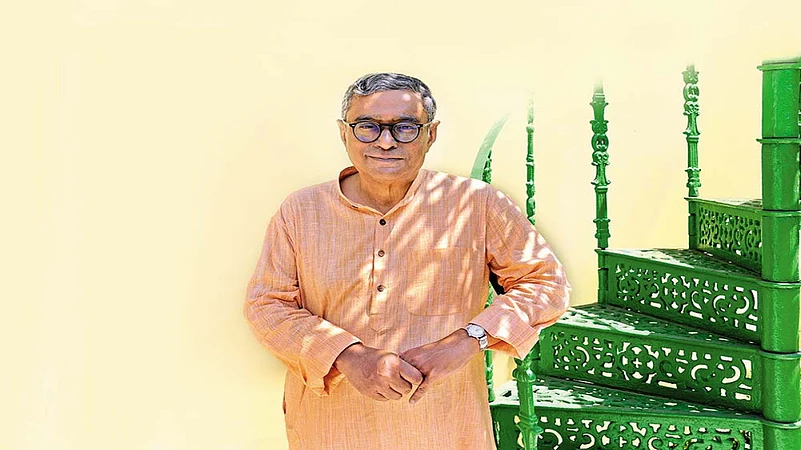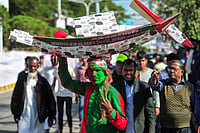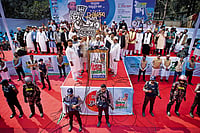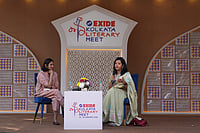Journalist-turned-politician Swapan Dasgupta, who has been a key member of the BJP’s Bengal think-tank since 2016-17, resigned from the Rajya Sabha to contest the Bengal Assembly elections. He spoke to Snigdhendu Bhattacharya on the party’s prospects and plans for Bengal.
You have been involved in Bengal politics since 2016-17 and has travelled widely in the state. How do you see the changing political landscape?
We are witnessing an explosion of sentiments against the Mamata Banerjee government on maladministration, the pandering to one community at the cost of others and the exponential growth of violence and corruption. These feelings have crystalised and have found a focus in the BJP. It is likely that there will be a resounding mandate against the TMC government.
The party seems to have gained popularity among the rural masses but not so much among the Bhadralok community that influenced Bengal’s society and politics for ever. Is the BJP’s rise marking the end of Bhadralok influence?
In rural areas, the BJP has emerged as the voice of the poorest, helping us in getting the critical mass necessary to secure a majority. Our strength there is much more deep-rooted than that in urban areas. Bhadralok politics is a bit of a misnomer these days. While their cultural influence is widespread, the political influence of a small section of Calcutta society has bred resentment. This, of course, does not mean that all bhadraloks are against us. It means there is a lot of false propaganda and narrative that is being spread about the BJP, which we are contesting.
The BJP has been promising re-industrialise Bengal. But the decline has also been related to the withdrawal of Central investment from the 1960s and the natural stagnation/ decline of British-era industries. How can the BJP turn it around?
All over India, states are surging ahead not on the strength of old-fashioned public sector investments, but because they have updated and upgraded themselves technologically, in terms of skills and resources. In Bengal, since the 1960s, the environment for the growth of industries or any technologically upgraded skills has been absent. One of our top endeavours would be to increase competitiveness by creating an appropriate environment, which will enable people to invest in Bengal with confidence.
You have been talking about ending political violence. Your party was accused of violence after coming to power in Tripura. And Bengal BJP president Dilip Ghosh says there will be “change and revenge”. Can people trust you?
Many BJP workers oppressed by the TMC want to settle scores. While this is understandable, the BJP, once in power, must ensure that maintenance of law and order is non-negotiable. My suggestion to BJP cadres is this: restrain yourselves; the rule of law must be upheld.
During 2017-2019, we heard senior BJP leaders repeatedly talking of an NRC in Bengal. But they are silent now. Why?
The NRC is not in our election manifesto. Any talk of the NRC now is premature; it has to be accompanied by a much wider debate covering the whole country. We will ensure that rules applicable to the Citizenship Amendment Act are immediately put in place so that those who were entitled to legitimise their citizenship are able to do so. Our priority is CAA, which gives citizenship, doesn’t take it away.
How can people with dubious citizenship elect a legitimate government?
In West Bengal, there has been haziness about who appropriate Indian citizens are. Uncertainty governs people who came over from erstwhile East Pakistan and Bangladesh. The CAA has been brought in to put an end to any doubt over what constitutes Indian citizenship. I don’t know if electoral rolls are accurate or not, it’s the responsibility of the Election Commission. But I am sure in future the rolls will be more accurate and enfranchise only bona fide Indian citizens.
You must have heard the talk about your being a prospective CM candidate?
It’s very flattering that those talking about this are accepting that the BJP is coming to power. The choice, however, is best left after consultation with the central and state leaderships. There isn’t much concern in the BJP over who will be chief minister.


























